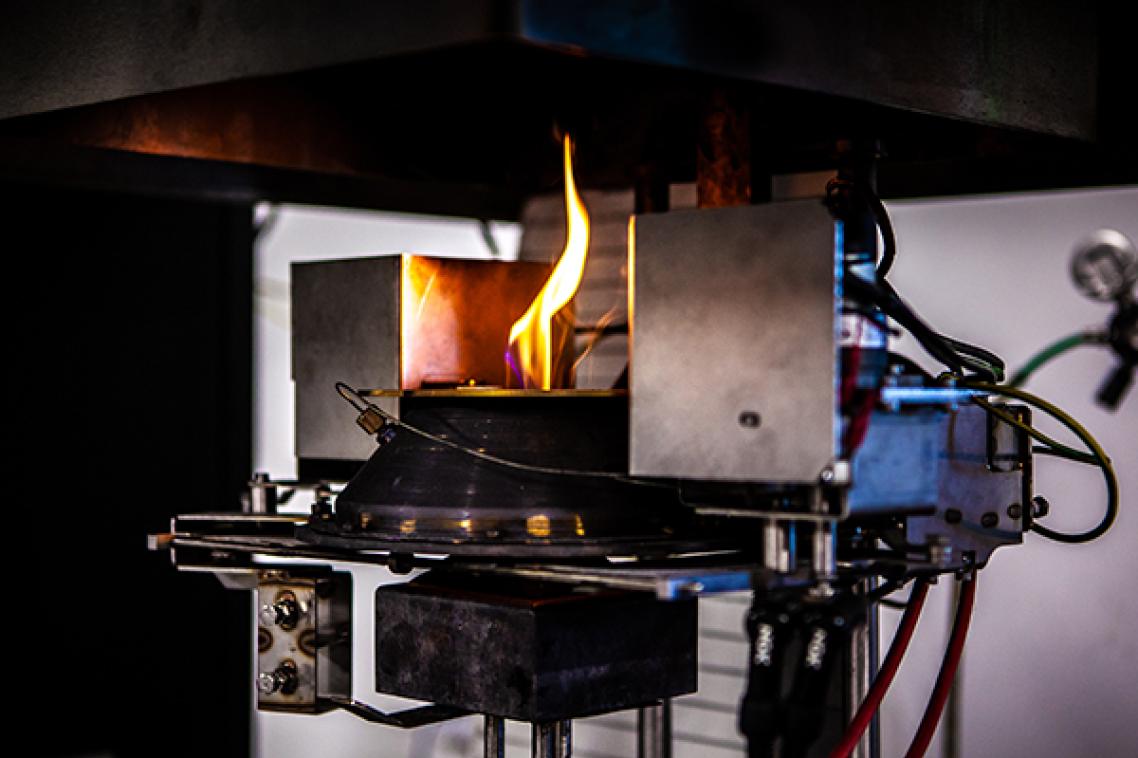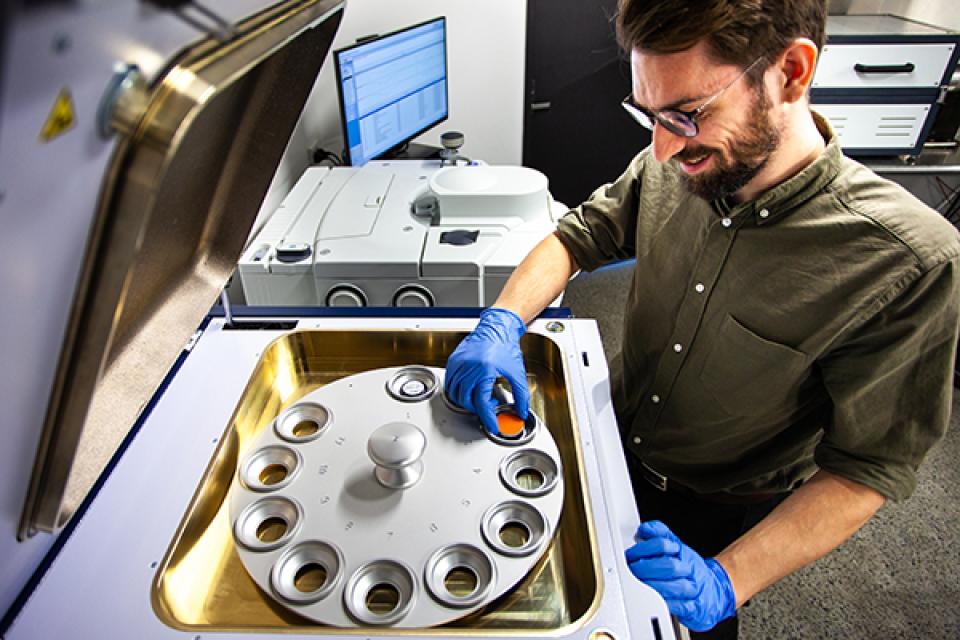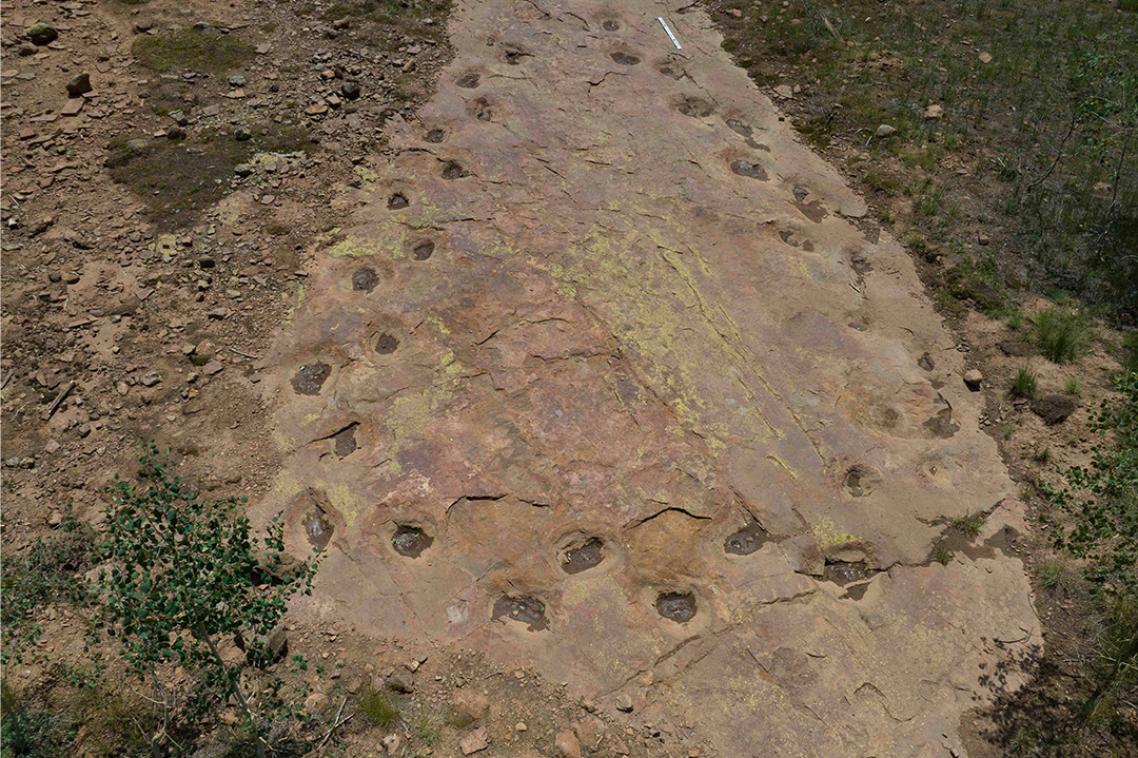Combatting combustible cladding hazards

University of Queensland engineering researchers have developed a database of building materials to help industry professionals assess the risk of combustible cladding and boost the safety of our homes and workplaces.
The cladding database, which is the first in the world, contains the needed flammability data for a range of materials used in Queensland’s publicly-owned buildings.
UQ Research Fellow Dr Martyn McLaggan said the database was free and publicly available to fire engineers worldwide.
“UQ’s Fire Safety Engineering group has also developed a continuing professional development course to provide engineers with the skills to confidently and conservatively use this data in support of a fire risk assessment,” Dr McLaggan said.
“Risk assessments must only be performed by qualified fire safety engineers, who can then make informed decisions on whether remediation is needed in existing buildings and in what form.”
Work towards developing the cladding database began immediately after the Grenfell Tower tragedy in London in June 2017 that claimed 72 lives.
The approach is not limited to aluminium composite panels and can be applied to all cladding materials, including insulations, sarking materials and high pressure laminates.
“Flammability tests are normally expensive and time-consuming, and so it’s often not feasible to run them on every building,” Dr McLaggan said.

UQ researchers have worked in close partnership with the Department of Housing & Public Works, the Queensland Fire & Emergency Service, and the Queensland Building & Construction Commission for the past two years to come up with the most holistic approach possible.
“This collaboration has been key to ensure that nothing is left unaccounted for and appropriate legislation is in place to ensure practitioners will make the most of the Cladding Materials Library,” Dr McLaggan said.
He said the database was the first step of continuing work, with the School of Civil Engineering conducting larger-scale research on façade system behaviour and investigating how different components interact with one another.
Media: School of Civil Engineering, Dr Martyn McLaggan, claddingmaterialslibrary@uq.edu.au; EAIT Communications, Genevieve Worrell, g.worrell@uq.edu.au, 0408 432 213.
Related articles

Sunlight-powered breakthrough turns methane into valuable ethylene

Looping long-necked dinosaur site reveals its secrets
Media contact
UQ Communications
communications@uq.edu.au
+61 429 056 139
